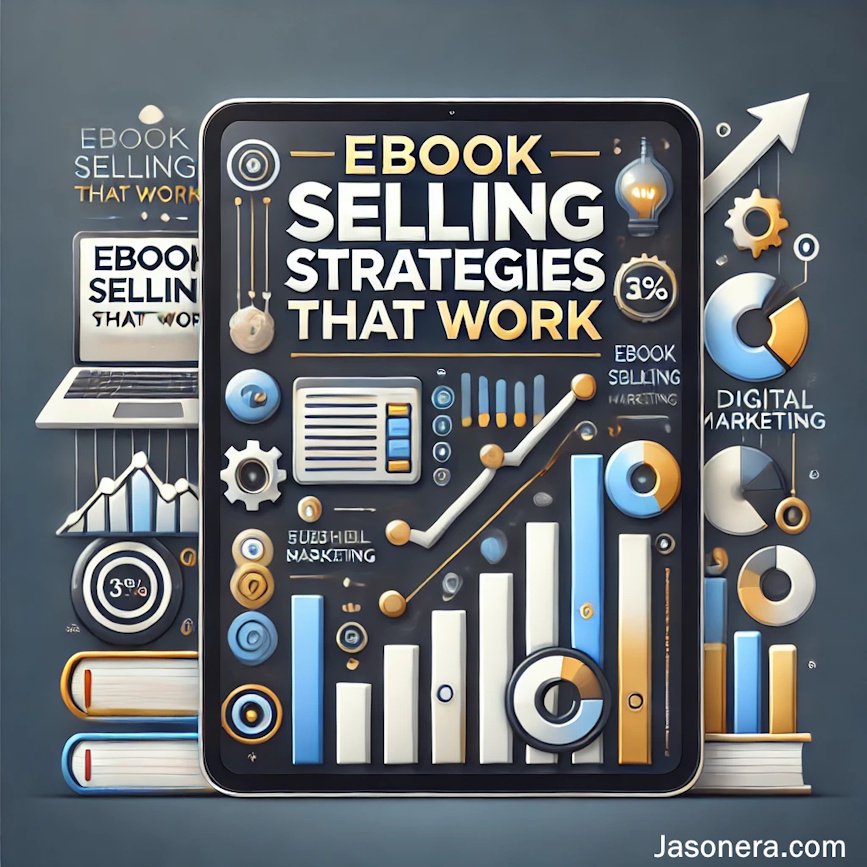2. Building And Selling Digital Products
Best Niche For Affiliate Marketing? Or...How Do You Pick A Niche To Sell An Affiliate Product?

You probably know the answer to the best niche for affiliate marketing.
But first the term niche is not what you think.
Niche, yes, is a sub set of a main topic. But in affiliate selling niches can be anything but that.
- There are some golden oldies that people keep on sipping from this timeless well
- There are some completely ignored niches
- There are niches which are big reward
- There are niches with minimal profit but a huge audience for
Niches can be niche of a niche as well. For example, currency > digital currency > bitcoin. Or how about this one: Nike shoes> Nike running shoes > Nike pro running shoes. Or how about one closer to home: Marketing > affiliate marketing > offline affiliate marketing
The golden oldies of best niche for affiliate marketing

When you ask someone about what you should aim towards in your affiliate selling goals, they will always say "ever green!". Ever green is a topic that doesn't age that quickly. So tooth care is going to be around for a while, it is quite an ever green topic. Ever green topics are also ones that:
- need to be resupplied. If people
only buy one item, never replace it or rarely fix it then it is a bad
item to sell. iTunes is constantly being bought from
- ?whether the issue can be fulfilled. How many diet plans are there?
So the main long lasting niche topics and their niche within a niche ideas are:
- Health and Wellness. Supplements, fitness programs, and mental health resources.
- Personal Finance. Investment advice, budgeting tools, and retirement planning.
- Relationships and Dating. Dating advice, relationship counselling, and wedding planning.
- Weight Loss. Diet plans, exercise programs, and meal replacements.
- Self-Improvement. Personal development courses, productivity tools, and motivational content.
- Technology. Gadgets, software, and tech reviews.
- Beauty and Skincare. Skincare routines, cosmetics, and anti-aging products.
- Parenting. Baby products, parenting advice, and educational toys.
- Home Improvement. DIY guides, home decor, and gardening tools.
- Online Education. Online courses, certification programs, and e-learning platforms.
- Pets. Pet food, pet care products, and training guides.
- Travel. Travel gear, booking platforms, and destination guides.
- Survival and Preparedness. Emergency supplies, survival guides, and outdoor gear.
- Eco-Friendly Products. Sustainable products, green energy solutions, and eco-friendly gadgets.
- Hobbies and Leisure. Photography, crafting, and gaming accessories.
- Luxury Goods. High-end fashion, luxury watches, and premium travel experiences.
- Cooking and Food. Kitchen gadgets, meal kits, and specialty ingredients.
- Fitness. Workout equipment, gym memberships, and sportswear.
- Mental Health. Meditation apps, therapy resources, and stress management tools.
- Automotive. Car accessories, automotive tools, and vehicle maintenance products.
You can probably name successful companies for most of the categories.
But remember my definition of evergreen- doesn't age quickly. There is a huge misconception that ever green products stay the same. They don't.
- they age out- a new diet plan, a new piece of software, different car maintenance products
- competitors come in and flood the sub niche
- price and supply reduce
- social changes demand changes in products
- research and news changes the product niche
Then you have niches that have been completely ignored.
Black buyers have huge spending power but are rarely directly advertised to. Many texts are only in English and/ or no vocal translation (remembering that over 700 million of the worlds population can not read) or have minimal disability settings wiping out a large proportion of Internetland. Seniors are usually forgotten about online. But 80% of 55+ are online- and Youtube videos views grew 10% in this age range. They also look for health and finance related information as well as keeping in contact with family and friends.
Big and low reward niches

If you are aiming at bigger ticket items- like TVs, gaming systems or even cars then you are going to require more than an article to sell it.
A lot of people jump onto the high ticket items because you get a larger commission. But with a larger commission comes:
- a larger amount of work and trust. 1 article is not going to sell it. You have to intercept people who are already looking for that product. Or the audience that you have already built is trusting you enough go through your links
- you may need to tempt them into buying. Some people add site only discounts or added bonuses to favour the sale
But now you have competition. They are looking for the same audience, the same keywords, the same articles. So to differentiate yourself from them is going to be better than directly competing. But again, only initially. You need that initial time to gain audience so when a competitor closes that differential you would have already gain the share.
Also the competition is not necessarily the content creator website. It is Amazon, the actual manufacturer and side companies that are trying to broaden their own niche.
A lot of people will drop out of this race because it is timely costly and monetarily costly.
And yes, you might need to be starting to spend money on creating Ads because all that low hanging fruit is going to be used up pretty quickly.
How about the low reward niches?
These are niches that people don't want to pick because they offer little incentive to do so.
But, you have also low competition.
These niches are usually low cost items like ebooks through Amazon- selling at around $2.99- where you might get around $0.10-$0.60 per sale.
Which is very little.
But, is it an easy sale?
Sure,
if you can bypass the "lets go straight to Amazon" mentality then low
profit ebooks can be worth while. Especially if you can drive passive
traffic to many different ebooks then those 10c add up.
But then we have some product sellers that offer low cost products and then have a backend product which makes up the main share of the profit.
Can you bypass, or at least make the playing field slightly better for you?

The reasons for these issues is that affiliate selling is not necessarily capped. It is one that this site discusses all the time. It is also one of the failings for open affiliate marketing. If you get territory rights for a product then no one in that territory can sell it. The vast majority of affiliate companies do not have caps on their affiliates. You can easily be selling the same product with 1000 other affiliates.
So when you see affiliate signals and ads like:
- over 100 affiliates are making $1000s and you can too
- best selling affiliate product
- click to join
Have an open mind. Sure it is nice to have a product that is a good seller, who wants to go and sell a bad product. But if those affiliates are all online, then thats where we get the pyramid of affiliate sellers. The vast majority of affiliates are in the lower tier and a small minority are in the top tier. Usually the top tier:
- got there first
- have a large targeted audience
- are paying for the sales
- knew the seller
But this can be manipulated in your favour. And make some niches more profitable- or at least allow the affiliate a better "deal"
What if:
- you had an audience that a seller wants? This is why "influencers" are in demand, where true influencers have a loyal following and that following actually converts into something (big difference there).
- you could reduce the affiliate commission.
If you know that you are going to get sales on the backened and you get
a commission from that then why not lower the front end even more- but
still give a bonus for buying through you?
- if you have a proven track record of selling, or can state that your audience actually converts then you can state what you require from the seller. Most sellers will comply if they know you are going to help. One of the best ways is to increase your commission or have a sales page solely for you
- you could go to a seller. These are not hard to find but offer a good opportunity to enter markets where no affiliates are present. Some companies do not want the worry of working with companies or a range of affiliates which might or might not be professional. Remember,. brand is everything. So some just don't bother. You could approach them and offer a commission on sales generated basis. If it is online and a digital product that that is awesome. If they approve then you have now sole sales rights. Theory? No, this is how App Sumo started.
The main idea of finding the best niche for affiliate marketing is ultimately:
- finding one that you have some sort of knowledge about (apart from obvious content generation you will know some of the least known products with less competition)
- not to rely on people saying that you can or
can't enter the market. For them it might have been too hard, but
again, they might have entered a position that was too dominant and
didnt niche down even more. Or they just didn't know what to do to
penetrate that market effectively
- you still need marketing rules for any of this to work. You still need an audience that wants to buy something. You need a large enough audience to make it worthwhile and you also need to carve out a position for yourself in that market (no competition is really rare).
If you want to know how to chose the best affiliate product to sell then check out here.
About. Updates. Disclaimer. Privacy. Mission/ Vision. FAQ. Newsletter.
Copyright © 2024- Jasonera.com All rights reserved








